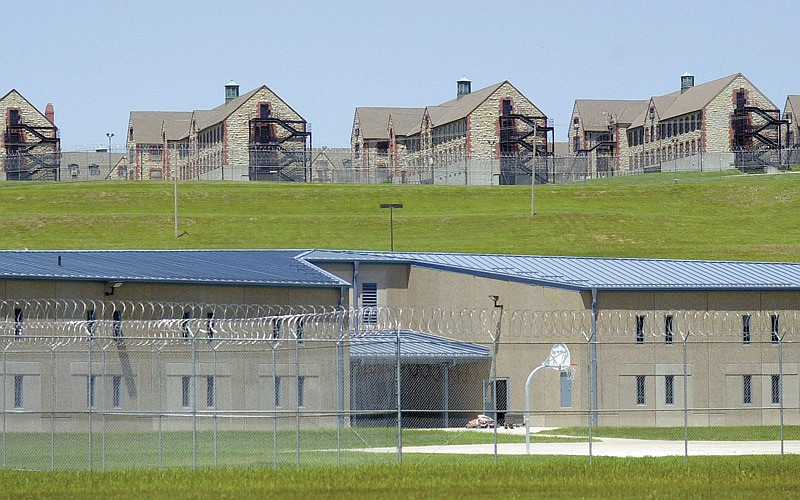Crisis Intervention Teams within the Missouri Department of Corrections are valuable tools.
They oftentimes prevent situations with offenders from escalating and result in fewer uses of force.
Law enforcement CITs have existed for more than three decades.
But they have been available in Missouri's largest cities (St. Louis and Kansas City) fewer than 15 years. They've developed in more rural communities over the past five years or so.
The teams have existed in the Missouri Department of Corrections for only about four years, according to Stephanie Tandarich, the DOC's Crisis Intervention Teams coordinator.
The CIT program, developed for police in Memphis about 30 years ago, is a community partnership of law enforcement, mental health and addiction professionals, hospitals, individuals living with mental illness or addiction disorders, their families and other community advocates, according to CIT International.
Federal funding for mental health beds is gone, Tendarich said. Counseling is gone. Medication is gone. And folks with mental health conditions may end up in the state's prisons.
"With outside law enforcement (implementing CITs) since 1987, it should have gotten to us a long time ago," she mused. "Thankfully, it did. It's made a huge difference."
Before the department started providing CIT training for its corrections officers, including non-custody staff, officers were reactive when offenders underwent episodes or crises, Tandarich said.
The department trains non-custody staff in CIT so they can help connect with offenders.
"If you get a teacher, who taught an individual how to read, and he's having a bad day, she's going to be able to reach him before I can," Tandarich explained.
Now, staff and officers have conversations with the offenders and work to de-escalate situations, Tandarich said. And that has cut back on the use of force.
"If something is going to lead to a use of force, they have a conversation and figure it out. They check the pulse. Where did this anger come from?" she said. "They don't react. We have a process now. The offenders understand that. They ask for CIT officers."
The department has 637 CIT officers and tries to conduct the 40-hour training for new CIT staff every month. The COVID-19 pandemic put training on hold for about four months, but it resumed again in September, Tandarich said.
As of Wednesday, throughout the state, the DOC had about 1,120 CIT intervention reports submitted in 2020. Only 135 were unsuccessful and led to uses of force, she said.
"If we're going to have a use of force on an individual, it is the right thing to try to have a conversation first. You know that you've tried everything," she said. "If we can avoid use of force, we are far above what we were before."
A DOC CIT officer used his training to possibly save a life about three weeks ago while off-duty, according to Karen Pojmann, DOC communications director.
Sgt. Phillip Rippinger, an officer at South Central Correctional Center in Licking, used his recently acquired communications and de-escalation skills to help an acquaintance. It was the second time Rippinger had helped the man keep from harming himself.
The man sometimes has suicidal thoughts. He contacted Rippinger and said he was "having a horrible day and that he should just end it all." Rippinger spoke to the man for more than an hour; meanwhile, he also contacted the Texas County Sheriff's Office.
Deputies arrived, but the man would not respond to them. Rippinger talked his acquaintance into allowing deputies in so they could get him the help he needed.

